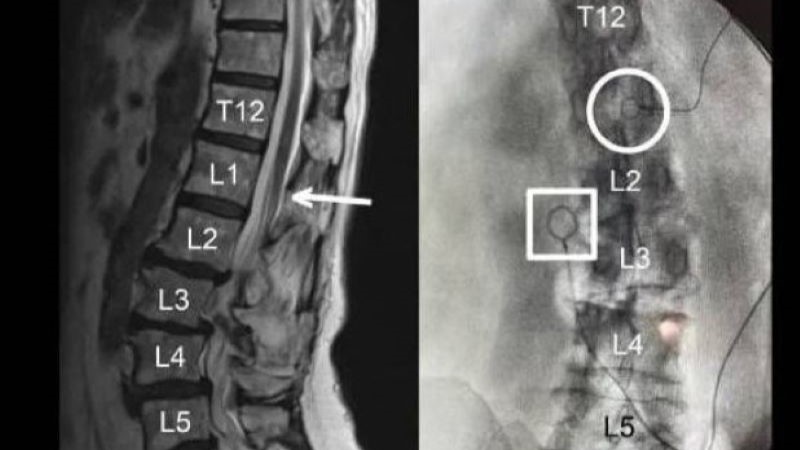
Previous research has established that older adults can significantly benefit from strength training. Two recent studies evaluated the effects of vitamin D and metformin on muscle building and strength.
On the Yes List: Vitamin D
Research published in the Oct. 15 issue of Clinical Interventions in Ageing investigated the correlation between vitamin D and muscle strength.
“Maintaining skeletal muscle function throughout life is a crucial component of successful ageing. Adequate vitamin D status may be important in preserving muscle function. We aimed to determine the association between impaired muscle function and serum vitamin D status in community-dwelling older adults,” the authors presented.
Their study included data from Wave 6 of the English Longitudinal Study of Aging (ELSA). Eligible participants were aged ≥60 years. Muscle strength was measured by handgrip strength (HGS), and the short physical performance battery (SPPB) was used to determine physical function. Researchers evaluated serum 25-hydroxyvitamin D [25(OH)D]; concentration <30 nmol/L was considered vitamin D deficient.
Final analysis included 4,157 adults (mean age, 69.8 years), of whom 30.6% had low HGS and 12.7% had low SPPB. The researchers observed that patients with the lowest serum 25(OH)D were the most likely to have impaired muscle strength (40.4%) and performance (25.2%) compared to those with serum 25(OH)D levels ≥50 nmol/L (21.6% and 7.9%, respectively). Low serum 25(OH)D was also associated with low HGS (odds ratio [OR] 1.44) and poor physical performance (OR 1.65) (P<0.001 for both).
Exercise also played a role: “Older adults partaking in regular moderate physical activity had significantly lower odds of impaired muscle strength (OR 0.65 [0.58, 0.79]) and physical function (OR 0.30 [0.24, 0.38]), p <0.001, respectively,” wrote the authors. The relationship between vitamin D and falls was also explored but researchers did not find a correlation.
Metformin May Hinder Muscle Building
A study published in Aging Cell found potential bad news for adults taking metformin.
“Progressive resistance exercise training (PRT) is the most effective known intervention for combating aging skeletal muscle atrophy. However, the hypertrophic response to PRT is variable, and this may be due to muscle inflammation susceptibility. Metformin reduces inflammation, so we hypothesized that metformin would augment the muscle response to PRT in healthy women and men aged 65 and older,” the study authors stated.
Their randomized trial stratified patients into two groups, who received either 1,700 mg/day metformin (n = 46) or placebo (n = 48). Supervised PRT was performed for 14 weeks.
Compared to the metformin group, placebo patients gained more lean body mass and muscle mass. Upon CT scan, the placebo group presented greater increases in thigh muscle area and density than the metformin group. The metformin group trended toward blunted strength gains, although the authors acknowledged that this was not statistically significant.
The authors further observed: “Analyses of vastus lateralis muscle biopsies showed that metformin did not affect fiber hypertrophy, or increases in satellite cell or macrophage abundance with PRT. However, placebo had decreased type I fiber percentage while metformin did not (p = .007). Metformin led to an increase in AMPK signaling, and a trend for blunted increases in mTORC1 signaling in response to PRT.”
The authors wrote in summary that while metformin is an effective method for treating and preventing diabetes, “these results do not support the use of metformin to enhance the benefits of physical activity in healthy elderly people.”







 © 2025 Mashup Media, LLC, a Formedics Property. All Rights Reserved.
© 2025 Mashup Media, LLC, a Formedics Property. All Rights Reserved.